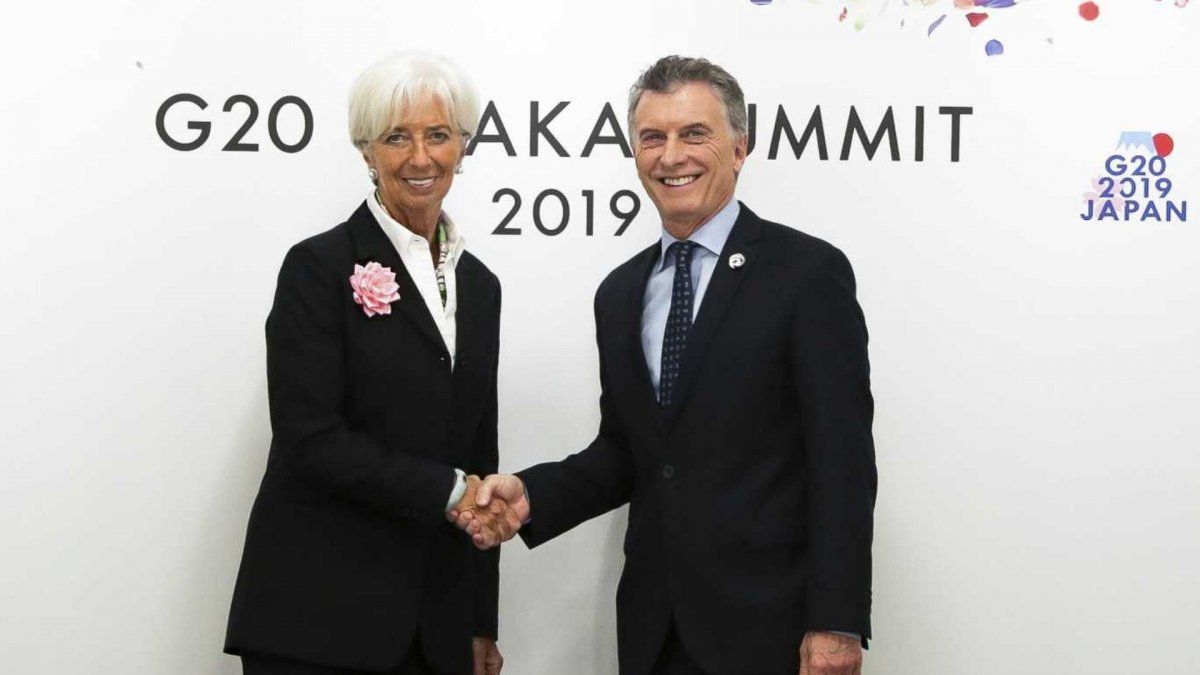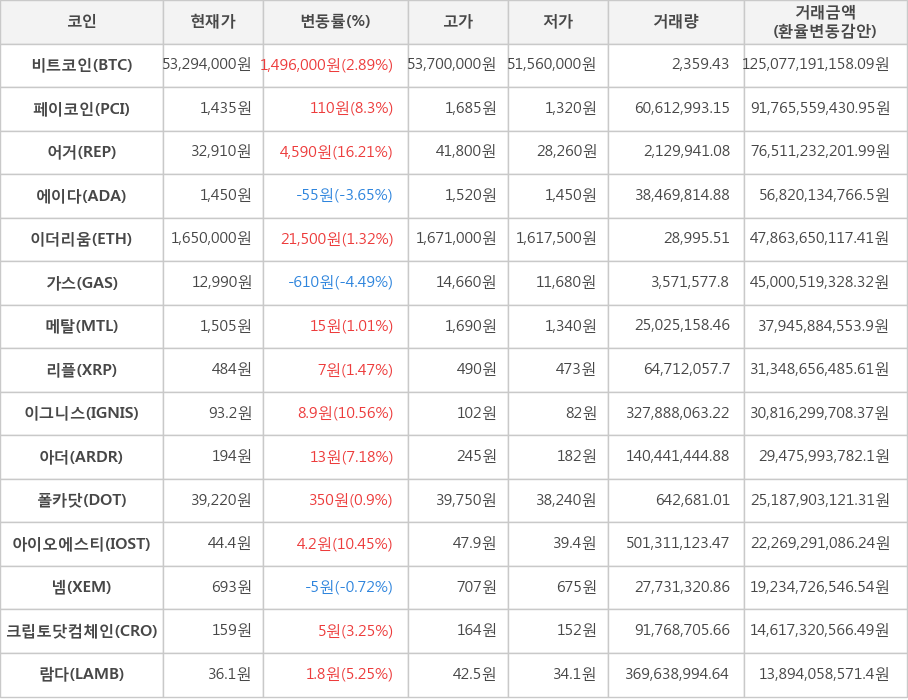The international financial organization had confirmed on Friday that since January 19 of this year the preparation of a report by the Independent Evaluation Office (OEI) (a kind of “internal affairs” of the IMF), of different critical moments of the Lagarde administration; including the Stand By to Argentina, which is considered “a policy of exceptional access” to the Fund’s credits. He describes it as a “difficult case” due to the poor “sustainability” of the loan. However, it is clarified that the conclusions obtained will serve only to “improve the organism’s ability to learn lessons from its own experience.” In any case, it is summarized, the “paper” would serve so that there are no more loans of this type, and not so that there is a more flexible negotiation with the country.
Specifically, what will be investigated is not the general granting of credit in 2018, but a specific moment between April and May 2019; when the IMF released some US $ 4,500 million programmed within the Stand By, for the government of Mauricio Macri to execute monetary and exchange policy. Said in Creole terms: to contain the dollar in the open and legal market; selling currencies before a demand that grew before the proximity of the elections. This type of authorization is prohibited by the IMF statute, and could only be authorized with the direct intervention of the United States under the leadership of Lagarde-Lipton.
The direct intervention was from the Secretary of the Treasury, Steven Mnuchin, who in the last week of April 2019, carried out an order given to him by his boss Trump. Mnuchin had mentioned a month before to his local counterpart Nicolás Dujovne, that in the face of any extreme difficulties Argentina had, he should only call him personally. And if the claim were reasonable, there would be no problem accessing the order. As long as it was not a direct loan, which would be impossible to approve in the North American Congress. Macri to Trump and Dujovne to Mnuchin spoke of the possibility of having the dollars of the current Stand By to contain the pressures on the dollar; which was accepted by both. It remained for the IMF to undergo a radical change in its internal policy of expressly prohibiting (and in particular Argentina) the access of money from the agency’s loans to contain exchange rate runs. The jailer for this option was David Lipton, who until the IMF general assembly in spring (April) maintained a stony and non-negotiable position on this issue. Lipton received the call from Mnuchin, and after refusing several times, said he would only execute him if Lagarde took responsibility for the operation.
In those days the IMF already knew that the current Stand By was impossible for Argentina to comply with. It had been said internally by the head of the Argentine mission, the Italian Roberto Cardarelli (today in charge of the Egypt case), who already recommended in mid-2019 that the parties should discuss an Extended Facilities. The Roman economist also recommended a release of US $ 10,000 million more, and the application of two reforms that cannot be postponed according to his vision: labor and pension. That, in addition to continuing with the execution of the zero deficit plan that Dujovne was trying to apply. For Macri this position was a surrender. Reason why he decided to risk the letter of the phone call to his ally Trump, who later proved to have a word. The Argentine government at that time would have released a part of the Stand By to contain the dollar, a policy that was maintained until one day after having lost the PASO in August 2019.
–

